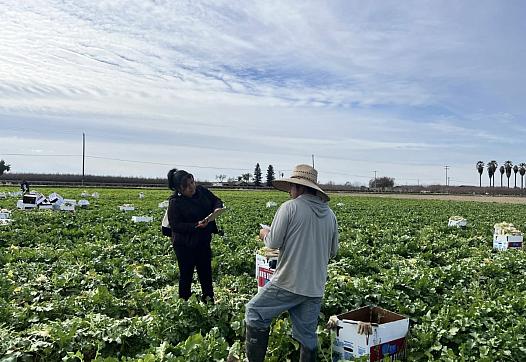
Indigenous Angelenos speaking Zapotec, Mixtec, or K'iche' face a triple language barrier in healthcare — and immigration raids are making an already impossible situation more dangerous.

Indigenous Angelenos speaking Zapotec, Mixtec, or K'iche' face a triple language barrier in healthcare — and immigration raids are making an already impossible situation more dangerous.
A child who speaks confidently at school can go quiet the moment they walk through their own front door. Same family. Same house. Two very different realities. When Respect Becomes Silence explores the generational communication gap inside Korean immigrant families — and what happens when that silence is finally broken.
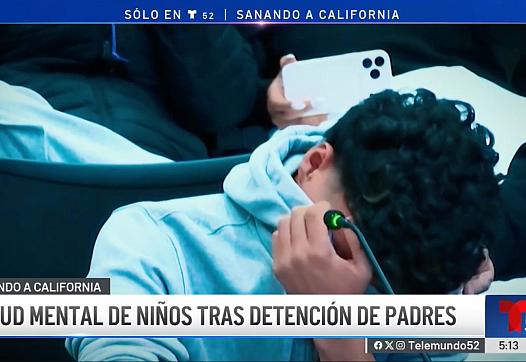
Mental health experts are concerned about what these enforcement actions are doing to children.
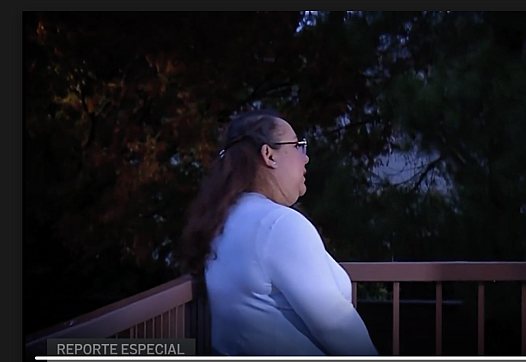
Undocumented domestic violence survivors face abuse and deportation fears. Advocates say reporting can protect lives and open legal pathways, despite long visa backlogs and rising immigration anxiety.

In San Francisco, a growing number of Latinos who work physically demanding jobs are turning to supplements like Artri Ajo King and related supplements to relieve chronic pain. The supplements are marketed as natural remedies for pain relief. But doctors warn of hidden pharmaceuticals that can lead to serious medical conditions, including liver toxicity and death.
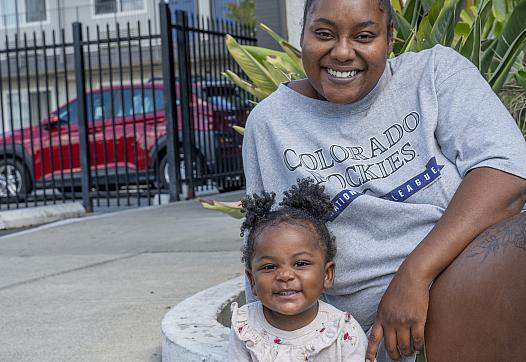
After being evicted from her Housing Choice voucher apartment more than a year ago, Tytinisha Mitchell, a 26-year old pregnant mother with a young child drifted in and out of the homes of friends and acquaintances, before living in her car for several months. The experience left a physical toll on her. She was hospitalized once for high blood pressure and later developed pre-eclampsia, a condition marked by dangerously high blood pressure during pregnancy. Affordable housing options for people like Mitchell are critical, say housing advocates.

Nicky Cao is Vietnamese, queer and trans. She calls it being a minority within a minority at a time when her identity is hyper-politicized and under attack in policy, rhetoric, and in practice.
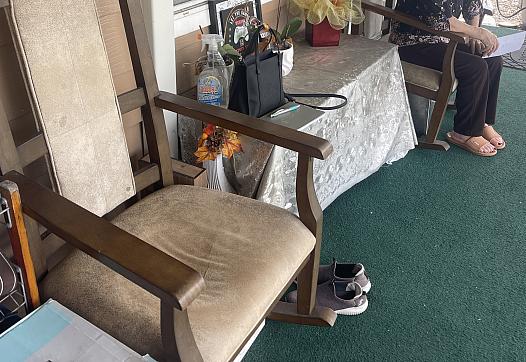
For Vietnamese seniors living in a mobile home park in Santa Ana, limited English proficiency make navigating leases, code enforcement, or eviction notices difficult to understand. They teeter on the edge of eviction for failure to comply with the numerous demands from the management.